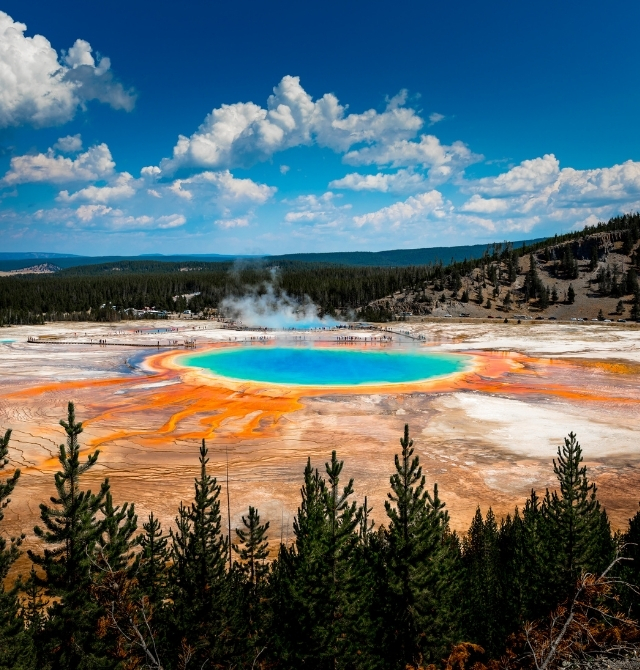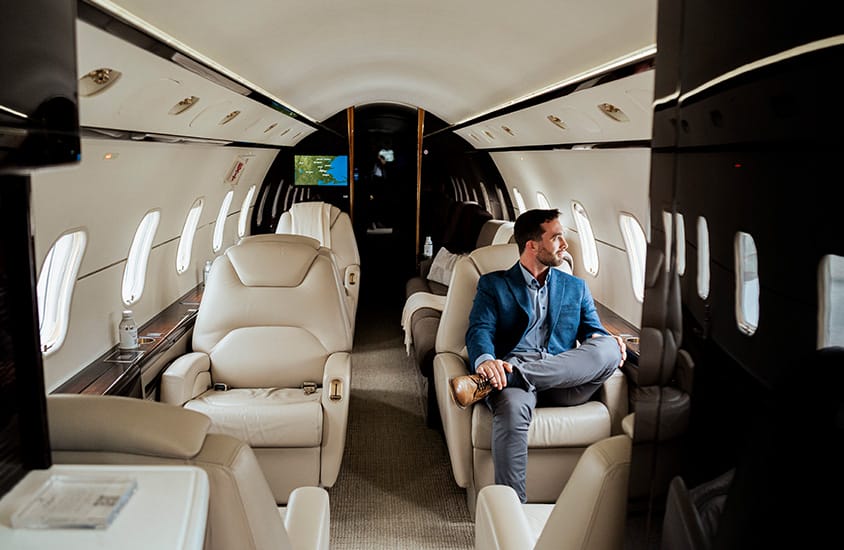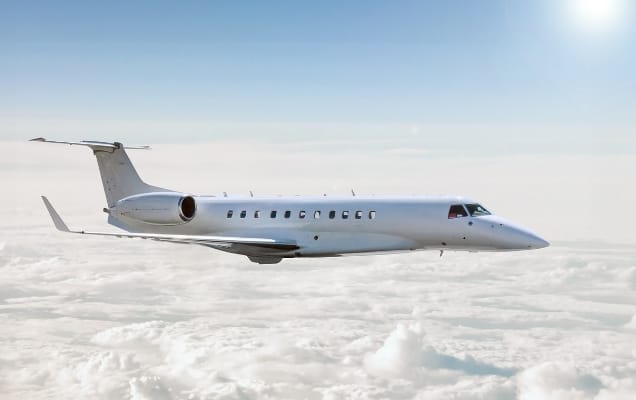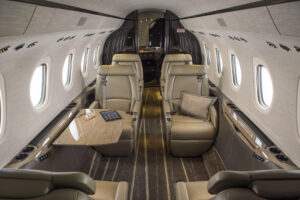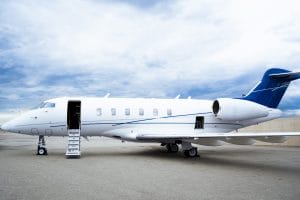Private Jet Charter Versus Ownership: An In-Depth Analysis

The allure of private aviation is undeniable, offering unparalleled convenience, privacy, and efficiency. For individuals and businesses contemplating private air travel, the pivotal decision often revolves around choosing between chartering a jet and owning one outright. This comprehensive analysis delves into the nuances of both options, providing an expert perspective to aid in determining the most suitable choice based on individual travel needs, financial considerations, and personal preferences.
Understanding Private Jet Charter
Private jet charter involves renting an aircraft for individual trips without the long-term commitments associated with ownership. This option grants access to a diverse fleet of aircraft, allowing travelers to select models that best fit the specifics of each journey.
Advantages of Chartering a Private Jet
- Cost-Effectiveness for Infrequent Flyers: For those who fly fewer than 100 hours annually, chartering often proves more economical than ownership. Charter clients pay solely for the flight time utilized, avoiding substantial expenses related to maintenance, crew salaries, insurance, and storage that accompany ownership.
- Flexibility in Aircraft Selection: Chartering offers the freedom to choose from various aircraft types tailored to specific trip requirements. Whether opting for a light jet for short regional flights or a larger aircraft for international travel, this flexibility ensures optimal efficiency and comfort without the constraints of a single aircraft’s capabilities.
- Reduced Management Responsibilities: Charter clients are relieved of the operational responsibilities inherent in aircraft ownership. Tasks such as regulatory compliance, maintenance oversight, and crew management are handled by the charter provider, allowing travelers to focus solely on their journey.
Potential Drawbacks of Private Jet Charter
- Variable Pricing and Availability: Charter rates and aircraft availability can fluctuate based on market demand, peak travel seasons, and specific events. This variability may lead to higher costs or limited options during busy periods.
- Limited Customization and Consistency: Since chartered aircraft are not under the traveler’s ownership, opportunities for customization are minimal. Additionally, the in-flight experience may vary between flights, as different aircraft may be used for each journey.
Understanding Private Jet Ownership

Owning a private jet entails purchasing an aircraft for personal or business use, providing exclusive access and control over its operations. This option is often considered by individuals or organizations with substantial and consistent travel needs.
Advantages of Owning a Private Jet
- Complete Control and Customization: Ownership grants full authority over the aircraft’s configuration, interior design, and amenities. This ensures a consistent and personalized travel experience tailored to specific preferences and requirements.
- Guaranteed Availability: With ownership, the aircraft is at the owner’s disposal whenever needed, offering unparalleled convenience for frequent travelers with demanding schedules.
- Potential Revenue Generation: Owners have the option to offset operational costs by offering their aircraft for charter to third parties when not in use. This can generate additional income, though it also introduces considerations related to increased wear and regulatory compliance.
Potential Drawbacks of Private Jet Ownership
- High Acquisition and Operating Costs: Purchasing a private jet involves a significant initial investment, with prices ranging from $3 million to $90 million. Annual operating expenses, including maintenance, fuel, insurance, and crew salaries, can add an additional $700,000 to $4 million. These substantial costs make ownership a viable option primarily for those who fly extensively.
- Asset Depreciation: Aircraft typically depreciate over time, potentially resulting in a lower resale value. This depreciation should be factored into the overall financial assessment of ownership.
- Management Responsibilities: Owning a jet entails overseeing various operational aspects, such as regulatory compliance, maintenance scheduling, and crew management. These responsibilities can be time-consuming and may necessitate engaging an aircraft management company to handle day-to-day operations.
Fractional Ownership: A Middle Ground
For those seeking a compromise between full ownership and chartering, fractional ownership presents an alternative. This model allows individuals to purchase a share of an aircraft, entitling them to a corresponding amount of flight time.
Advantages of Fractional Ownership
- Cost Sharing: Fractional ownership distributes the costs of acquisition and operation among multiple owners, reducing the financial burden compared to full ownership.
- Consistent Experience: Owners have access to a specific type of aircraft, ensuring a consistent in-flight experience. Additionally, fractional programs often provide access to a fleet, offering some flexibility in aircraft selection.
Potential Drawbacks of Fractional Ownership
- Ongoing Financial Commitments: Fractional owners are subject to ongoing management fees and must commit to a predetermined number of flight hours annually. Unused hours may not roll over, potentially leading to wasted investment.
- Limited Flexibility: While more flexible than full ownership, fractional arrangements may still lack the adaptability of on-demand charter services, particularly concerning aircraft availability during peak periods.
Making the Right Choice: Key Considerations

When deciding between chartering and owning a private jet, several factors should be evaluated:
- Flight Frequency: Assess the number of hours you intend to fly annually. Chartering is generally more cost-effective for those flying fewer than 100 hours per year, while ownership may be justified for those exceeding 150 hours annually.
- Budget: Consider both the initial investment and ongoing expenses. Ownership requires substantial financial commitment, whereas chartering allows for pay-as-you-go flexibility.
- Control and Customization: Determine the importance of having a personalized and consistent travel experience. Ownership offers complete control, while chartering provides limited customization.
- Management Willingness: Evaluate your readiness to handle the responsibilities of private jet ownership.
Find the Perfect Solution with Magellan Jets
Private jet charter, ownership, and fractional ownership all come with their distinct advantages and challenges. By carefully assessing travel needs, financial implications, and personal preferences, individuals and businesses can make informed decisions that align with their objectives. Connect with a Private Aviation Provider today to discuss which option is the best fit for you.

